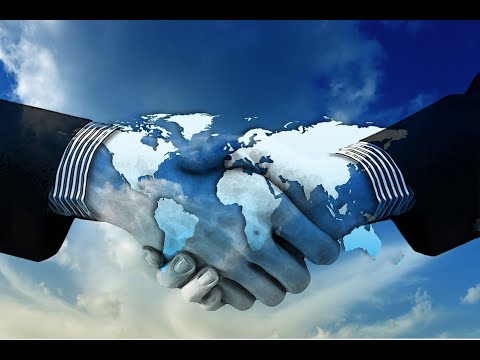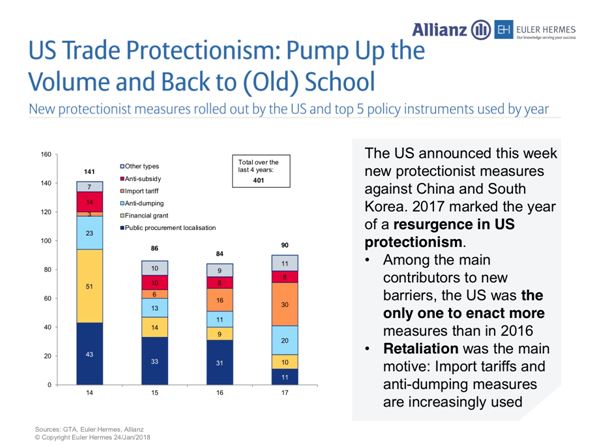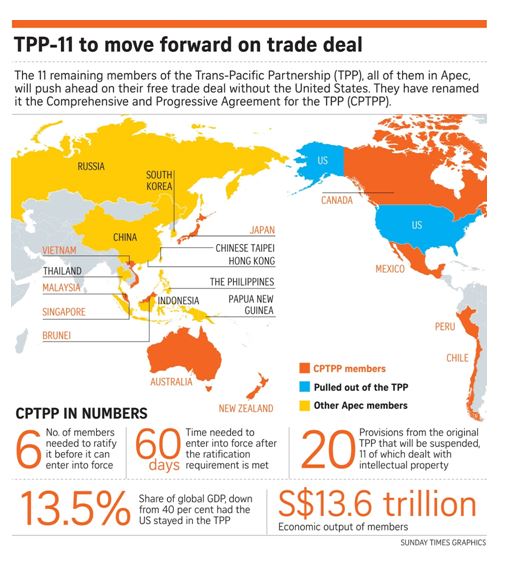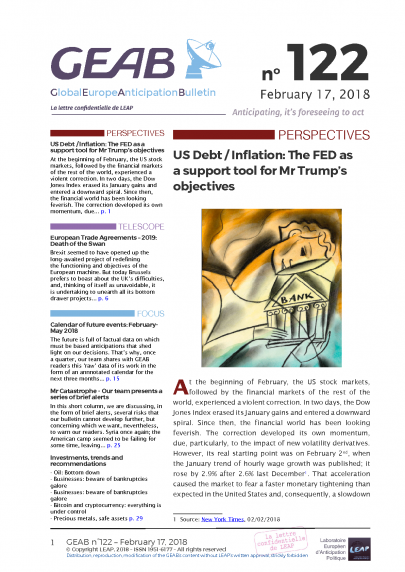GEAB 122

Brexit seemed to have opened up the long-awaited project of redefining the functioning and objectives of the European machine. But today Brussels prefers to boast about the UK’s difficulties, and, thinking of itself as unavoidable, it is undertaking to unearth all its bottom drawer projects. Hence, over the heads of the citizens, a whole bunch of “CETA like” trade agreements (Japan, Mercosur, and soon New Zealand, Australia…) are being passed, for the sake of a ‘gaping globalisation’ ideology which makes everyone flee, as well as a forced march towards an ultra-risky integration of the Balkans is being trigerred, ignoring peoples and not showing the slightest reference to any democratic process[1].
Our team believes this European ‘hysteria’ is a swan song; both the creator and the announcer of the violent halt to be imposed on the central European institution by the up-coming legislative body from 2019 on.
Polarisation of trade agreements models within the transatlantic axis
As we have seen at the Davos Forum – and more generally in the recent developments over international relations – two models compete on the transatlantic stage, especially with regards to trade. On the one hand, a return to a form of national protectionism in a unilateral approach and on the other hand, a liberal expansion enshrined in a multilateral approach. The first corresponds to the attitude of the Trump Administration and, to a certain extent, to British ambitions in the context of Brexit. The second corresponds to the ambitions of the European institutions and, more particularly, of the EU Commission, which proclaims itself the last bastion of the free-trade resistance.
These two ambitions seem inadequate to the realities of the 21st century and they are part of the global systemic crisis so often referred to by the GEAB team. The return to protectionism led by Donald Trump and, more generally, by the less cautious of political forces, is eventually likely to contribute to serious international tensions. But at the European level, the reactivation of trade deregulation that the people rejects, puts an end to Europe’s claims on democratic principles, instead participating directly in the rise of the so-called right and left wing ‘populist’ parties. We anticipate a head-on collision between Strasbourg and Brussels once the new European Parliament gets elected in 2019.
Questioning and withdrawal of the international trade framework on the one side…

Figure 1 – Protectionist measures adopted by the United States, 2014-2017. Source: Euler-Hermes.
The Trump Administration’s policy seems to open a new chapter in international trade history. The President being consistent with the candidate, the multilateralism advocated by his predecessors is now widely questioned. Not that American protectionism was born with Trump, but today it is being pushed to its limits. The Bush Administration had already been condemned by the WTO for imposing steel taxes, contrary to the rules of the organisation[2]. The much older Buy American Act came into effect in 1933 and required that any direct purchases made by the government should be of goods produced in the United States. Some clauses even extended this rule to third party purchases to encourage the receiving of federal funds. Hence a form of economic patriotism was enshrined in the law and reinforced by Trump via an executive order dated April 18th, 2017[3].

Figure 2 – Members of the new TPP. Source: Sunday Times
Once he arrived at the White House, one of Donald Trump’s first measures was to remove the United States from the Trans-Pacific Partnership (TPP), a trans-Pacific trade deal which Barack Obama had negotiated over his two presidential terms. More recently, the US Head of State has enacted new taxes on washing machines and solar panels[4], a measure that appears to have a strong chance of being contrary to WTO law. As Republican candidate, he was rather hostile to this organisation and we should watch his reaction in case the US is condemned, especially as he threatened to leave the organisation at the last summit, accusing it of “mistreating” the United States[5].
Login

At the beginning of February, the US stock markets, followed by the financial markets of the rest of the world, experienced a violent correction. In two days, the Dow Jones [...]
The future is full of factual data on which must be based anticipations that shed light on our decisions. That's why, once a quarter, our team shares with GEAB readers [...]
In this short column, we are discussing, in the form of brief alerts, several risks that our bulletin cannot develop further, but concerning which we want, nevertheless, to warn our [...]
- Oil: Bottom down - Businesses: beware of bankruptcies galore - Businesses: beware of bankruptcies galore - Bitcoin and cryptocurrency: everything is under control - Precious metals, safe assets Oil: [...]

Comments